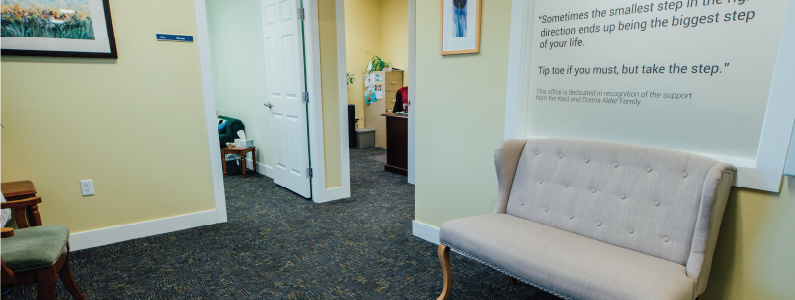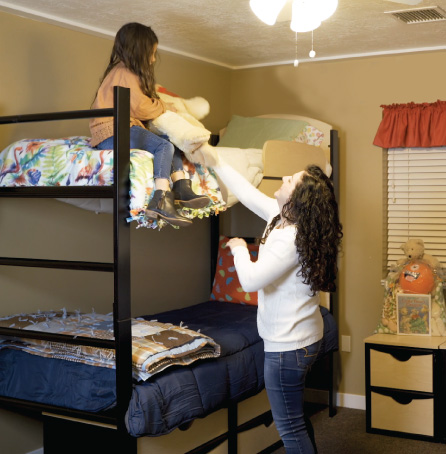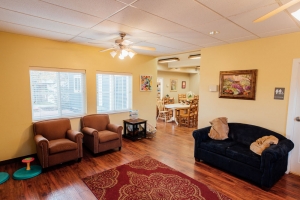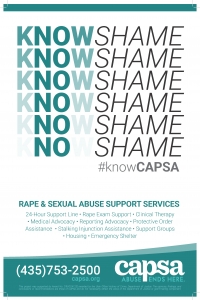I want to start by thanking the entire community for an outpouring of support. As a CAPSA supporter, you recognize how domestic violence and sexual abuse support services are even more critical during a public crisis.
While many nonprofits have reduced services during this public crisis, CAPSA has been ramping up services. I’d like to provide you an update on how.
INCREASED NEED FOR CAPSA
During a public crisis, there is an increased need for CAPSA’s domestic violence and rape support services. With social distancing, many victims are now trapped with their abusers, and increased fear and anxiety often trigger escalated abuse.
Here are some national news reports that demonstrate these concerns:
TIME – https://time.com/580…/coronavirus-domestic-violence-victims/
USA Today – https://www.usatoday.com/…/coronavirus-domestic…/5067349002/
ABC News – https://abcnews.go.com/…/isolation-families-coronavi…/story…
CAPSA is committed to providing all of our core support services while ensuring the safety of our staff – this is true now more than ever. CAPSA’s core services include casework, safety planning, rape exam advocacy, protective order support, legal reporting assistance, clinical therapy and emergency shelter.
How we provide services has and will change some, but the resources, expertise and support CAPSA provides will continue.
USING TECHNOLOGY
In the last two weeks, CAPSA has implemented technology and created procedures to move all casework and clinical therapy to phone and online sessions. CAPSA is utilizing Microsoft Teams to provide encrypted video conferences which meet Tier-D security standards and are protected by the same level of confidentiality as face-to-face meetings.
We have been in contact will all current clients, and the transition to online meetings has been smooth.
Most new clients initiate contact with CAPSA through our 24/7 support phone line at 435-753-2500. During these calls, we assess their safety and start providing case management; the only difference is their follow-up casework will be online or via phone. If we determine they are in immediate danger and emergency shelter is needed, our emergency shelter is still open, though we are established additional processes shared below.
RAPE EXAM ADVOCACY
One exception to moving services online is rape exam advocacy.
We will continue to send a caseworker to the hospital for all rape exams to ensure the client’s rights are honored and to connect them with CAPSA’s services. Follow-up services increase x1,000 when we connect with the individual before the rape exam. Cache Valley Hospital will provide the appropriate protective gear when we are on site.
SHELTER PROCEDURES
In regards to our emergency shelter, we are setting up quarantine and distancing processes. This is a significant undertaking as we operate a homeless shelter for domestic violence survivors.
Currently, our emergency shelter is full; as clients move out we will reduce the maximum number of shelter clients from 32 to 16 to increase distancing and reduce shared common space, including shared bathrooms. We are currently working on other off-site shelter options to increase capacity back to 32 individuals; here is an early story: https://www.facebook.com/172756986111825/posts/2761754623878702/?d=n More to come soon.
All new shelter clients will be placed in a hotel for up to seven days for isolation and observation of symptoms prior to allowing them in our onsite shelter. While at the hotel, if they start showing symptoms, they will maintain isolation for an additional 14 days. After this quarantine period, if we have the space, we will move clients into the shelter.
This isolation protocol has already been put to use, as we have placed a new shelter client in a hotel room for quarantine. This will be expensive, but we feel it is necessary to keep our staff and other clients safe and healthy. This is the type of initiative you support when you donate to CAPSA.
ASK FOR HELP
I would ask you and our community to help share CAPSA’s message and donate to ensure core programs remain available to those needing assistance.
A simple method to share CAPSA’s message is to follow CAPSA on Facebook and to like, share and comment on our posts. There are people in your social network that need to view this message.
You can also help by donating to CAPSA. You can make a donation online at www.capsa.org/donate or by mail at PO Box 3617, Logan UT 84323.
You can also create a Facebook Fundraiser for CAPSA and encourage your friends and family to donate; Facebook fundraisers are easy to set up at www.FB.com/pg/CAPSAservices/fundraisers.
Thank you for your continued support. We cannot do this work without you and need your support now more than ever.
Jill Anderson
CAPSA | Executive Director


 Zero Turn-A-Way Program
Zero Turn-A-Way Program



